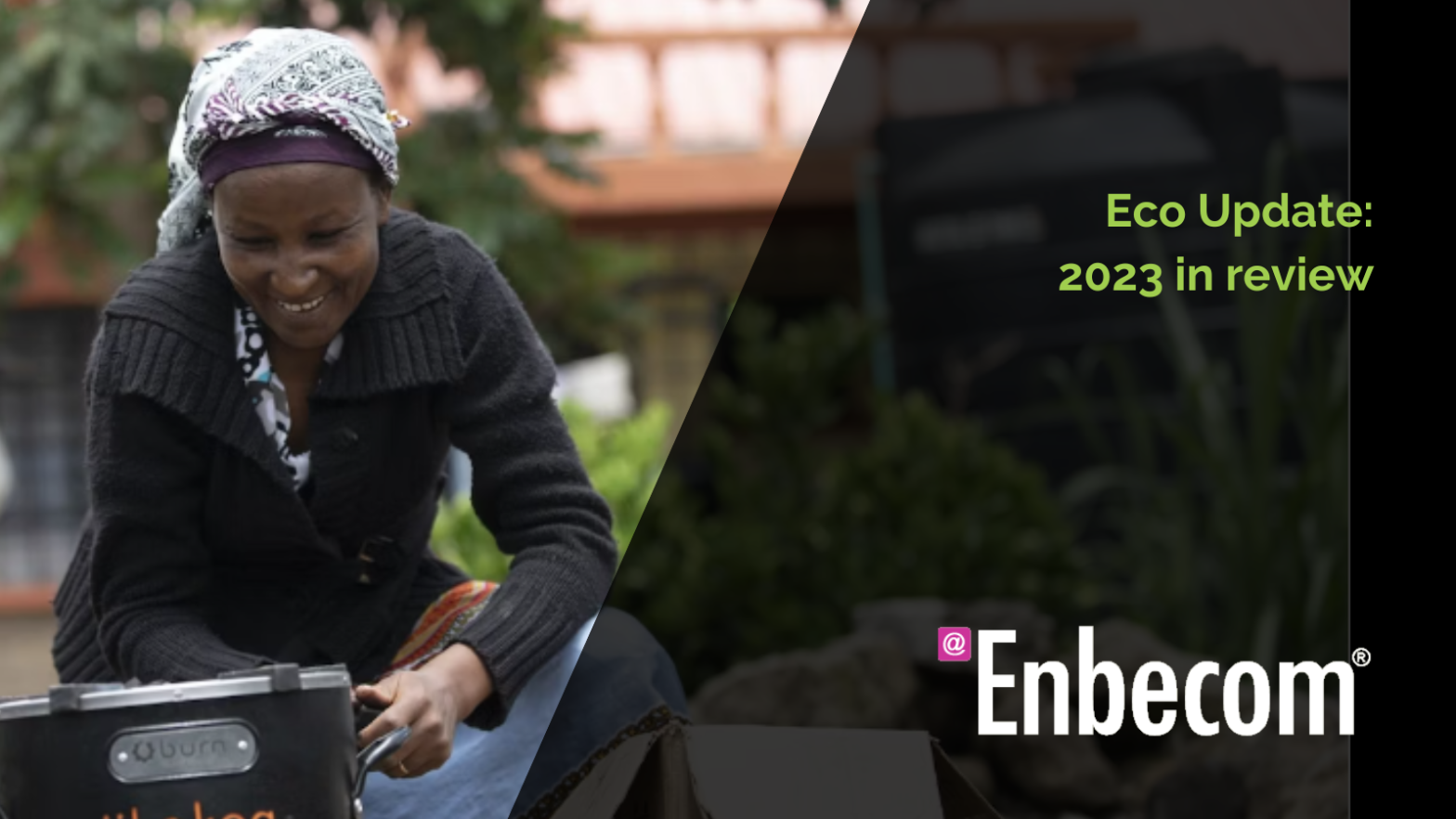It’s been another wonderful year seeing several projects around the globe supported through our partnership with Ecologi, along with thousands of trees being planted. Since the start of our partnership with Ecologi, the impact from Enbecom’s contributions have made a saving of 45.94 tonnes of CO2e. This is the equivalent of 113,977 miles driven in a car or 138m2 of sea ice saved!
Through using the latest climate science, state-of-the-art data and monitoring capabilities, Ecologi uses funding to support real projects that make a real impact for our planet, including reforestation, renewable energy and restoring habitats. Here are just a few of the projects we have supported during 2023:
Peatland restoration and conservation in Indonesia
Indonesia has around 36% of the world’s tropical peatlands, but these vital ecosystems are increasingly being destroyed. Between 2000 and 2015, the country lost an average of 498,000 hectares of forest annually. The Katingan Restoration and Conservation Project, in Indonesian Borneo, aims to safeguard and restore 149,800 hectares of peatland ecosystem.
Distributing cleaner cookstoves in Kenya
Throughout the project’s lifespan, more than 380,000 cookstoves will be distributed, resulting in the avoidance of 4.3 million tonnes of CO2 emissions and a reduction in wood fuel demand by 2.4 million tonnes.
Wind Power Project in Mexico
Mexico possesses substantial wind power potential, however, in 2009, Mexico’s wind power production accounted for just 0.13% of the global total. This project aims to prevent an average annual emission of 245,015 tonnes of CO2e over its operational period (at least 20 years).
Turning local organic waste into electricity in India
India’s energy demands are also rapidly growing, and electricity consumption and overall energy usage ranking among the highest globally. The project effectively reduces methane emissions resulting from improper waste disposal, with annual emission reductions reaching up to 70,000 tCO2e. Additionally, between 2016 and 2020, the project supported 73 local jobs.
Protection of the Matavén forest in eastern Colombia
The Matavén REDD+ project protects 1,150,212 hectares of tropical forest, preventing emissions that would have taken place without the project. The project employs local residents as rangers and supports sustainable livelihoods that work with the forest, rather than depleting it.
Capturing waste biogas for energy in Turkey
The Kayseri Molu Landfill Gas to Energy Project is a large-scale project to capture the landfill methane released from existing landfill area, and convert it into electricity. This project will avoid 30,153 tonnes of greenhouse gas emissions each year.
Solar power project in Morocco
Morocco heavily relies on fossil fuels, with 57% of primary energy from oil and 33% from coal. The Ouarzazate solar station is one of the largest global concentrated solar project, utilising concave mirrors to generate 582 MW of power. With up to 7 hours of stored solar energy, it can provide power beyond daylight and the region’s abundant sunlight makes it an ideal location.
Avoiding methane emissions from landfill in Brazil
In response to this environmental challenge, the Macaúbas Landfill Gas Project was initiated. This project has successfully reduced emissions by 102,580 tCO2e during its current monitoring phase.
Tree planting
We are finishing 2023 with an incredible 4,276 trees planted since we partnered with Ecologi. Trees help to restore healthy ecosystems, sequestering and storing even more carbon from soils and plant biomass. These projects also promote employment, gender equality, new income streams, more diverse food sources to support a healthier diet, and improved community facilities.
If you’d like to help support these projects too in 2024, you can also sign your business up with Ecologi or purchase one of our hosting plans. You can view our profile here to learn more about Enbecom’s contribution.

